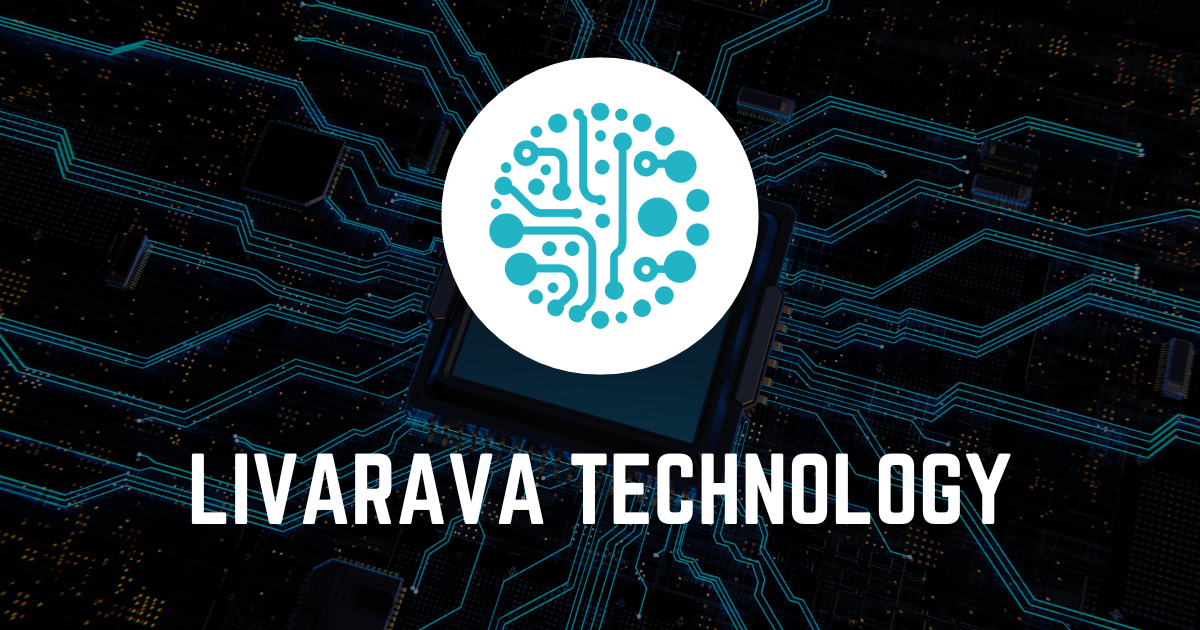Trump's Unsupported Claims About Kamala Harris's Michigan Rally

Trump's Claims on Harris Rally
Former President Donald Trump made headlines when he claimed that the crowd size at Vice President Kamala Harris's campaign rally in Michigan was artificially inflated by artificial intelligence. According to him, the photographs circulating from the event were manipulated.
Understanding Misinformation
In his statement posted on Truth Social, Trump expressed skepticism about the authenticity of the images, which he labeled as fake. This assertion aligns with a wider trend of misinformation that has permeated social media, particularly during election seasons.
Consequences of Misinformation
- Misinformation can mislead voters.
- Challenges credibility of political figures.
- Requires critical thinking from the public.
As the landscape of political discourse evolves, the importance of verifying claims is paramount. Voters must navigate through potential misinformation to assess the veracity of statements from public officials.
This article was prepared using information from open sources in accordance with the principles of Ethical Policy. The editorial team is not responsible for absolute accuracy, as it relies on data from the sources referenced.